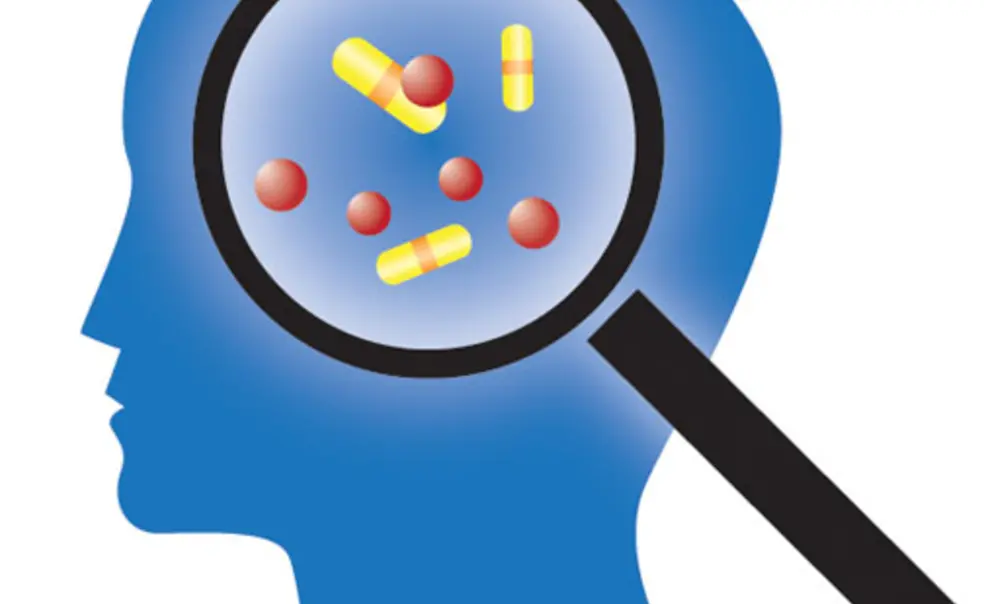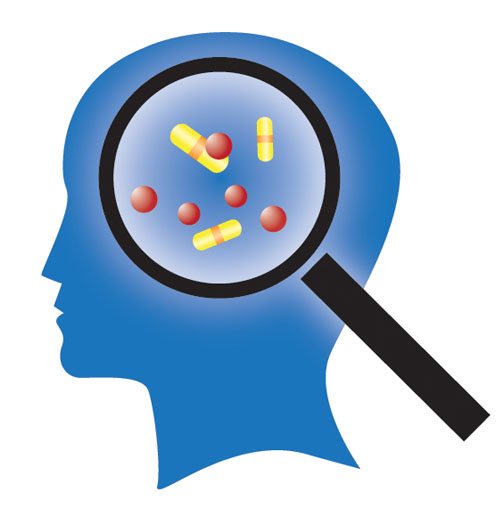FYI: Findings
DEPRESSION may not be linked solely to the neurotransmitter serotonin, which is believed to influence mood, according to a study produced in the lab of Ethan Perlstein, a genomics research scholar. In experiments with the antidepressant Zoloft, Perlstein’s team observed a response to Zoloft in yeast cells that could help provide answers to questions about how antidepressants work. Although antidepressants are known to regulate serotonin, it is not understood completely how they interact with the body's brain cells and what effect, if any, this activity has on treating depression. The research was published April 18 in the journal PLOS ONE.
In recent years, INDIA has enjoyed rapid economic growth but remains burdened with poverty, with 450 million citizens subsisting on less than $1.25 daily. In “Poverty Amid Plenty in the New India” (Cambridge University Press), Woodrow Wilson School professor Atul Kohli blames pro-business, market-oriented policies for neglecting the poor and calls for state intervention to better spread newfound wealth.
Sickly writer of a half-dozen novels, JANE AUSTEN perished in rural obscurity at 41 but was reborn in the popular imagination as a cultural hero. English professor Claudia Johnson *81 traces the improbable history of “Janeism” in “Jane Austen’s Cults and Cultures” (University of Chicago Press). Traditionally an icon of Englishness or anti-modernity, today Jane is not so much read as viewed on DVD.













No responses yet